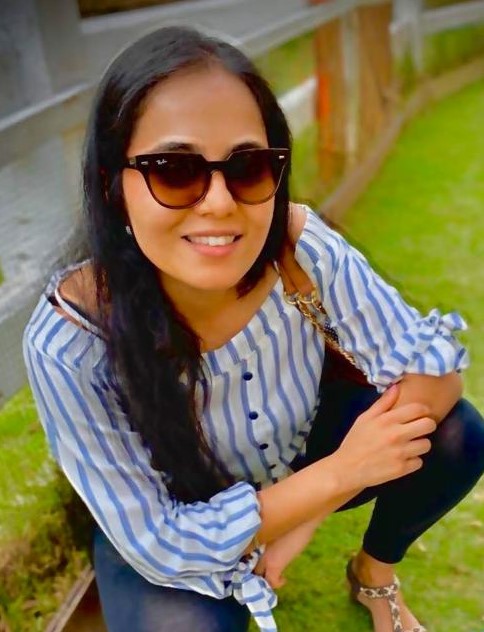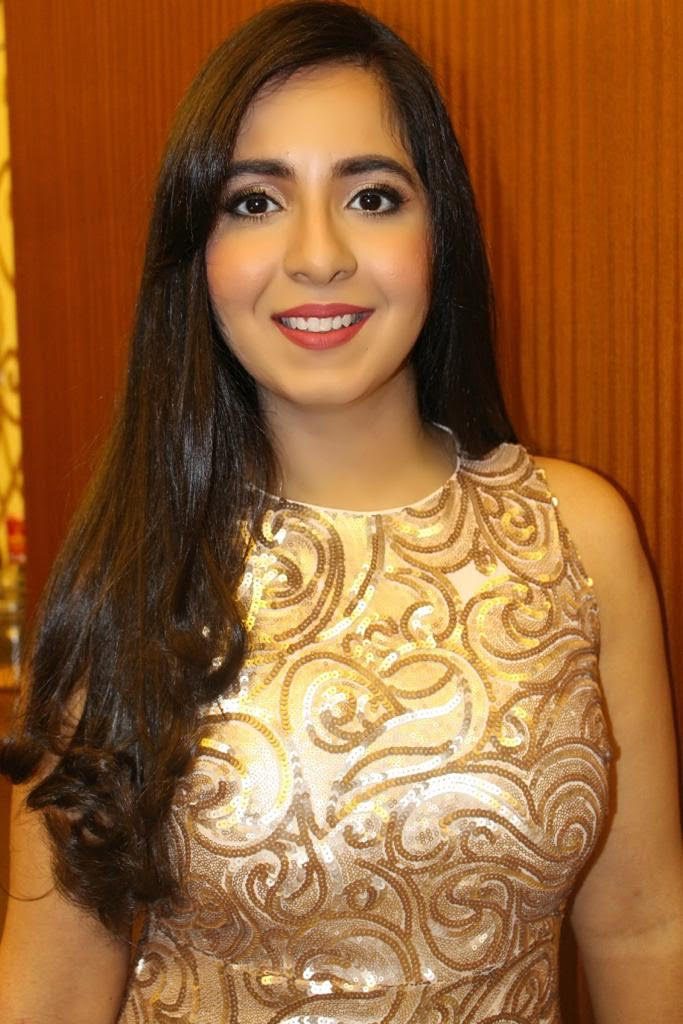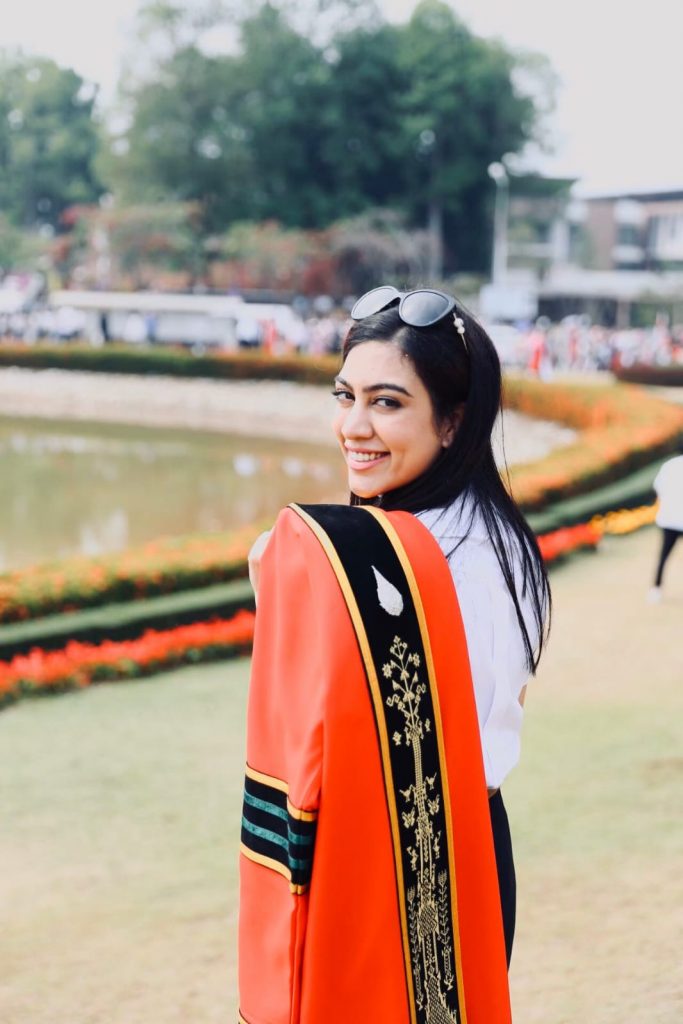Three Thai-Indians at the forefront of their fields weigh in.
By Nina Phichitsingh
When most people think about careers, they think: doctor, teacher, entrepreneur, accountant, and the other job titles we typically see on profiles. But what will these jobs look like in the future? As new technologies, insights, and even pandemics emerge, the variety and scope of jobs has expanded beyond our imagination. The need to constantly learn, adapt and innovate will intensify in the next several years.
I interviewed three Thai-Indians that paved a unique path while proving the value of being forward-thinking in the fields they work in. From curing cancer, to clothing, to dealing with COVID-19, we discover the importance of their roles now, and especially in the future.
Dr. Karampreet Sachathep
Associate Director At Icap and Assistant Professor At Columbia University, Columbia Medical
“Although I told my parents I was signing up for a Master’s course, I ended up working towards a PhD in epidemiology because of my interest in the field. Epidemiology involves disease control and using data to understand and produce models that predict and mitigate disease outbreaks, as well as large-scale public health issues (such as COVID-19). As an Associate Director of a large think tank, I work on bringing solutions on global health challenges to developing countries. I am also an Assistant Professor at Columbia University, where I teach and mentor undergrad and graduate students.
“I enjoy being at the forefront of global issues, especially now, when I’m running a few COVID-19 projects in Africa. These include ones that are in collaboration with the CDC, focusing on both antibody and polymerase chain reaction (PCR) testing for COVID-19. These projects allow us to provide insights into the pandemic as it pertains to select subpopulations and the progression of the disease in each country. Think tanks like the ones I work in are what will enable us to stay ahead of global issues like the ones we are currently facing, and they will be integral in the future.”
Nitti Srisinghaprapha
Co-Founder, Owear
“I was cleaning out my closet and there were many pieces that I loved, but they were either not practical for me anymore, or not my size. However, they were just too new to give away. I felt they could be more appreciated elsewhere by other fashion lovers, but I couldn’t fi nd a platform that specifically catered to second-hand fashion items in a way that doesn’t scream ‘used’ or ‘old’; I wanted one that showcased ‘pre-loved’ items. That was how Owear (www.owear.co) was born, an online platform for second-hand fashion. These initiatives are extremely necessary for a sustainable future for our next generations. The fashion industry accounts for 10 percent of the world’s greenhouse gas emissions, as most fashion waste gets dumped in landfills. With Owear, fashion lovers can shop with sustainability in mind.
“As a co-founder, it’s important to transform the idea of selling second hand fashion into a functioning and sustainable business. We are still in the initial stages, so as co-founders, we wear many hats depending on the day’s requirements, from photographers, to digital marketers. However, we’re confident that we are at the vanguard of fashion for the future.”
Dr. Sasithorn ‘Rani’ Sachdev
Integrative Oncology Physician at Akesis Life, Integrative Oncology Clinic
“Cancer is a rising global epidemic. However, many patients are turned down by hospitals, even now. That’s where I come in. Immunotherapies and holistic treatments that are performed in my clinic, although new, are evidence-based and widely practiced in many European countries. They’ve proven to result in better success rates, both in improving the patient’s quality of life while reducing incidences of chemotherapy resistance. Doctors are starting to recognise the importance of a holistic approach to patient care and preventing accelerated death – this is the future of oncology.
“Before patients get admitted for care, I attain their general history, disease condition, the treatments they have received so far, and their treatment goals. This consultation provides a guideline to help patients and their families have a better understanding of their disease and the options they have for treatment. It usually includes disease-specific nutritional advice and lifestyle modification.
“Patients need to better understand what treatment options are available, and what we can do to help them. All the doctors at the clinic specialise in different fields of cancer. My main role is educating patients and monitoring their nutrition. Nutrition in cancer is very specific, and each cancer is very different. This is crucial because extensive research has proven that cancer is a metabolic disease, which many didn’t realise before. Many common cancers such as breast, colon, and prostate cancer are linked to unhealthy eating. I encourage a plant-based, wholefoods diet. This change is essential in successful treatment, reducing inflammation, and beating chemo-resistance.”









